|
Growing up in the “boonies” of Elk County, Travis Wingard savored every moment spent outside. “I was a Boy Scout, worked on camp staffs. I hunted and I fished,” he said. “Everything seemed to revolve around living and playing in the outdoors.” However, after majoring in English and pursuing a teaching career where jobs dried up faster than expected, Wingard found himself working in local factories to make ends meet and regretting that he didn’t pursue something that focused on his love of our outdoor resources. “You look back and kind of want to kick yourself, saying ‘Oh, I should have joined DCNR or the DEP and been out in the field,’” he said. “That is where I was really having a lot of fun.”
About the program According to Jeremy Leaidicker, Master Watershed Steward Coordinator for the Endless Mountains region counties of Bradford, Susquehanna, Sullivan and Wyoming, the program offers benefits for the greater watershed. “It is a community asset that provides high-quality educational programming, service projects and municipal assistance,” he said. “This is possible because of our highly dedicated stewards and amazing partner organizations.” One example of this type of work, according to Leaidicker, is installing and maintaining riparian buffers. “That is made possible through our partnership with county conservation districts and the Keystone 10 Million Trees program,” he said. “We also have a Steam Team which has gone through additional training with Dickinson College’s Alliance for Aquatic Resource Monitoring (ALLARM). They are monitoring Silver Creek in Salt Springs State Park and reporting back to ALLARM.” The Master Watershed Steward program is offered through Penn State University’s Extension service, which also oversees the state’s 4H, master gardener and other programs geared toward education, family and health topics. “It is made up of volunteers from around the state working with their local communities with conservation mainly around waterways,” Wingard said. “In some areas, this might include live-staking, riparian buffer repair, restoring wetlands and doing service for a number of important partners.” According to Wingard, those interested in the program put in an application and are interviewed to make sure the candidate is a proper fit for the program and vice versa. “They then go through 40 hours minimum of training on a number of different topics all related to water, such as water science, soils, geology, sessions on recreation and wildlife. It can be very broad and anything that can encompass a watershed,” he said. “They also do a project and, in the first year, need to offer 50 hours of volunteer work.” Beyond the first year, Master Watershed Stewards are expected to do 20 hours of volunteer service each year, according to Wingard, as well as 10 hours of continuing education. “We really like to give our stewards opportunities to learn and grow. Through that process, they are able to learn and specialize in areas they really enjoy,” he said. “If a steward likes to go out and dig around in a stream to find macroinvertebrates or if a steward likes to do live plantings, they can focus on what they enjoy best.” Lessons learned
Wingard admits that serving such a rural area can be unique when interacting with Master Watershed Stewards from more urban settings. “The first thing that helps them understand what is going on here is that in the PA Wilds region alone, there are three major watershed basins, and they are all headwaters,” he said. “So, the water that is coming from here is going to end up down there. The waters may not be as big in this area, but really they are more critical.” The region also poses some unique issues. “Being a very rural area, there is a lot of nonpoint pollution. There are a lot of agricultural problems, still a lot of logging problems. That isn’t to say that either of these are the primary issue because there are a lot of groups within those fields that are making progress and putting out a good message,” he said. “We are working to protect the headwaters from issues related to farming, logging and even from industry. Down in my area, there is a ridiculous number of factories and a lot of damage from those factories in the region.” According to Leaidicker, sediment and nutrient loads are a problem “just about everywhere. Our area is no exception. We have focused a lot of effort on riparian buffers for this reason. We will also be working with DEP this year to establish a monitoring program for harmful algal blooms.” Perhaps the most important thing that Wingard has learned since getting involved with the Master Watershed Steward program is that there are a lot of people in his region who truly care about our waterways. “Hunting and fishing are very important aspects of people’s lives in this region, but not everyone can take the time to give back,” he said. “They want to do as much as they can, but that can be tough when working and trying to make a living in an area that is a little rougher off without some of the support systems of a more urbanized area.” To truly make a difference, he added, it takes a lot of people with different abilities across the greater watershed. “People shouldn’t be apprehensive of joining for fear of not fitting in. I had a steward who, when she did her initial interview, was worried about fitting in, but then I found out she was a retired microbiologist. Of course she fit in, but that isn’t all we need, either,” he said. “We want people who work in factories, we want people who are good at carpentry, we need mechanics. We need a variety of people. “Anyone who has a passion and love for the outdoors and our waterways, we need you. It doesn’t matter what your background is – we need you.” You can learn more about the Penn State Extension Master Watershed Stewards program, including a link to upcoming trainings for different regions throughout the watershed, by going to extension.psu.edu/programs/watershed-stewards/about
1 Comment
7/6/2023 09:24:54 am
I am happy to participate in this kind of activity. For me to help.
Reply
Leave a Reply. |
AuthorsRiverkeeper John Zaktansky is an award-winning journalist and avid promoter of the outdoors who loves camping, kayaking, fishing and hunting with the family. Archives
July 2024
Topics |
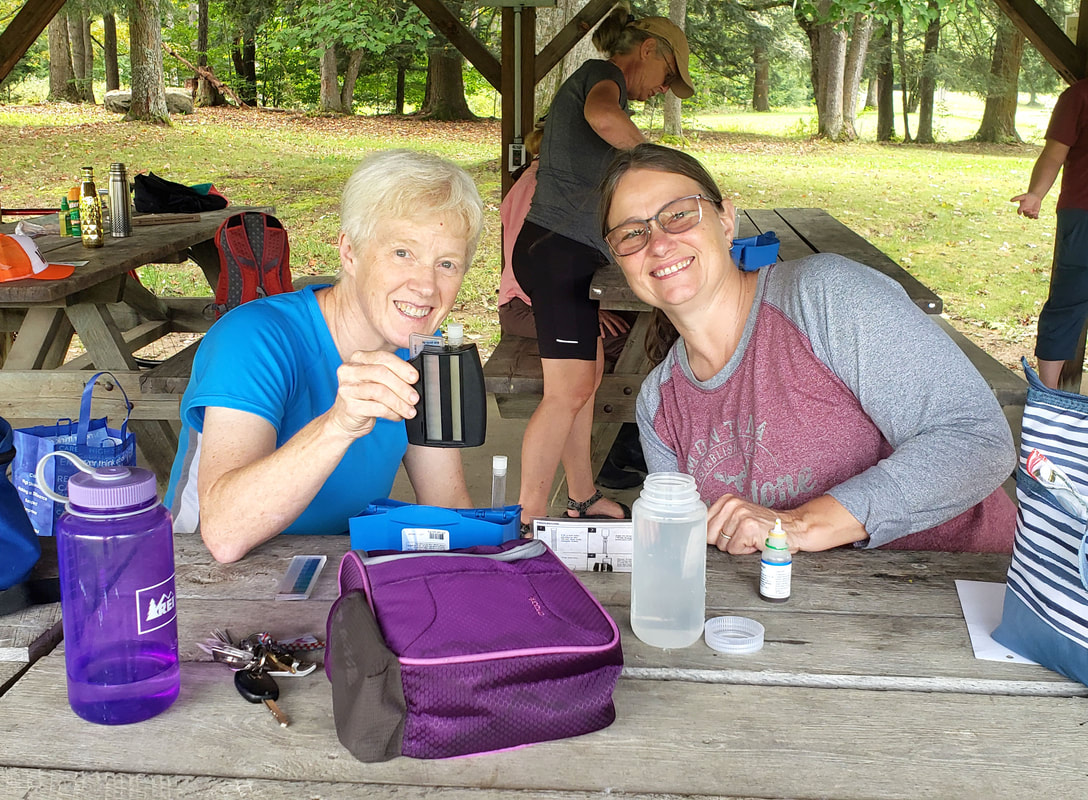
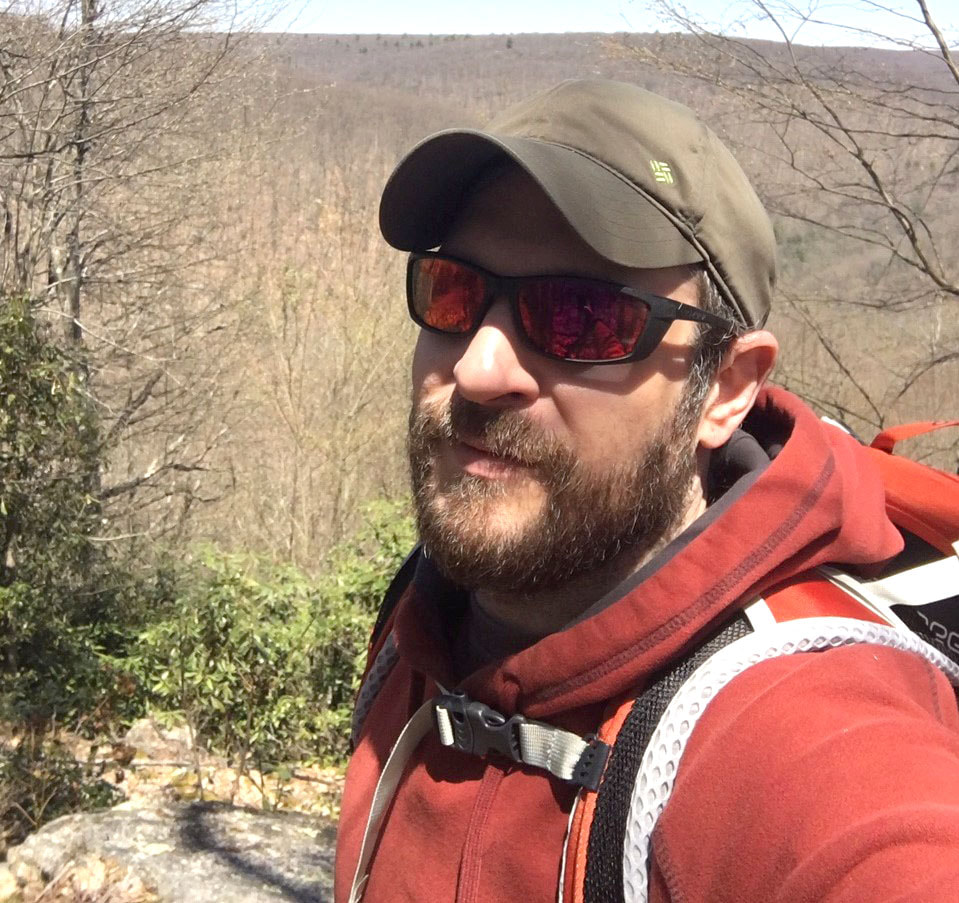
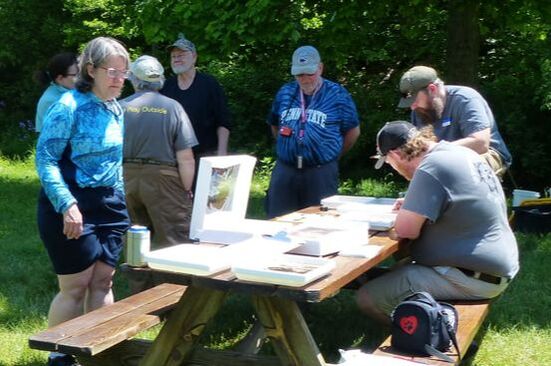
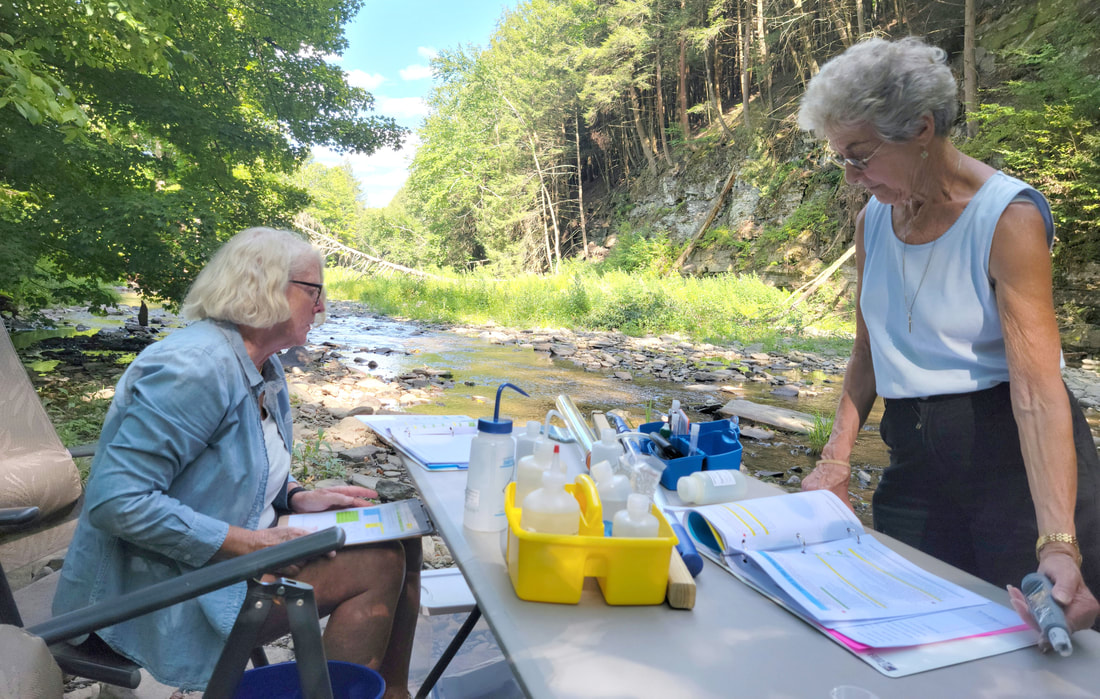
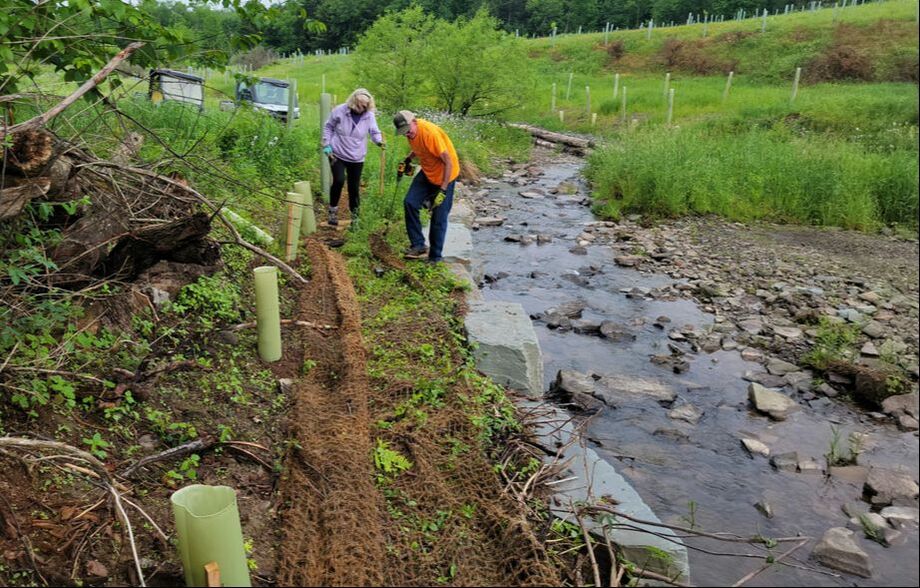
 RSS Feed
RSS Feed